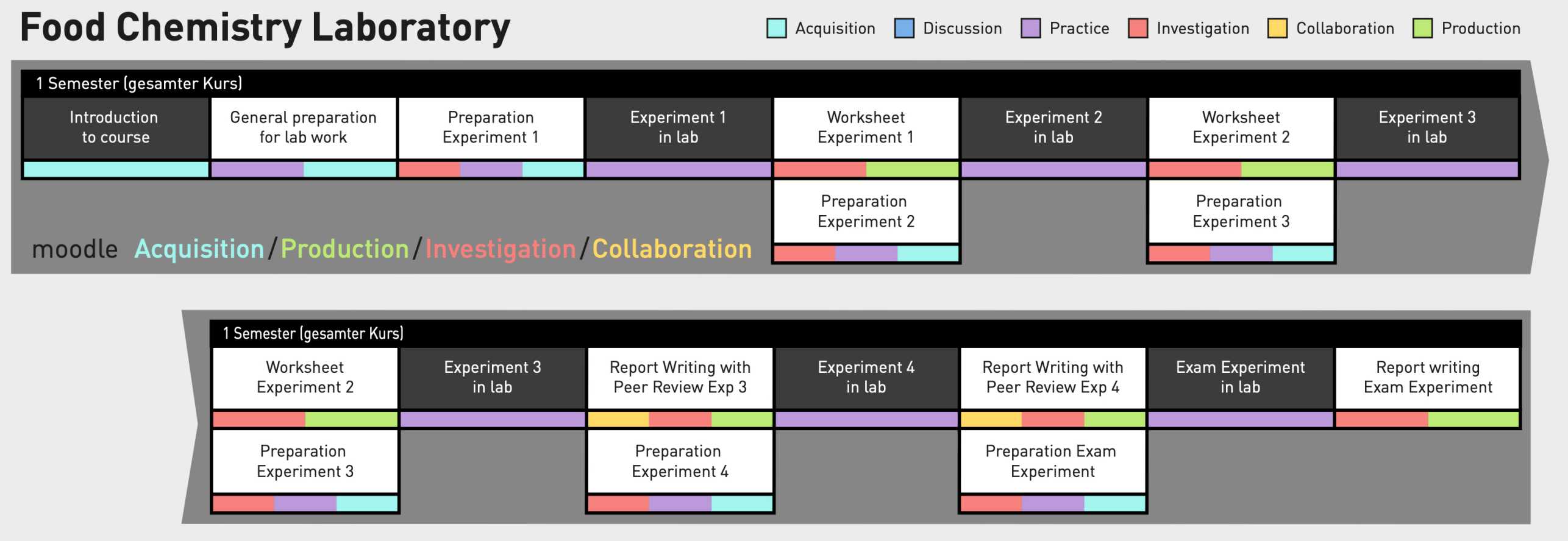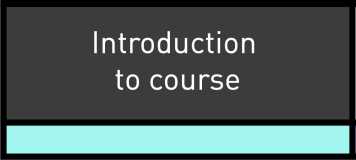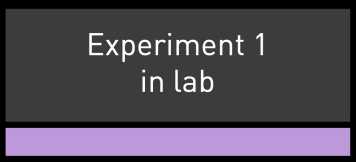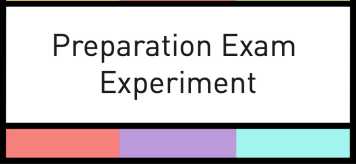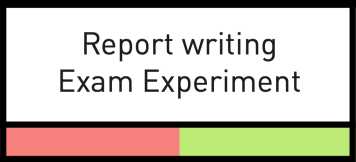Food chemistry laboratory
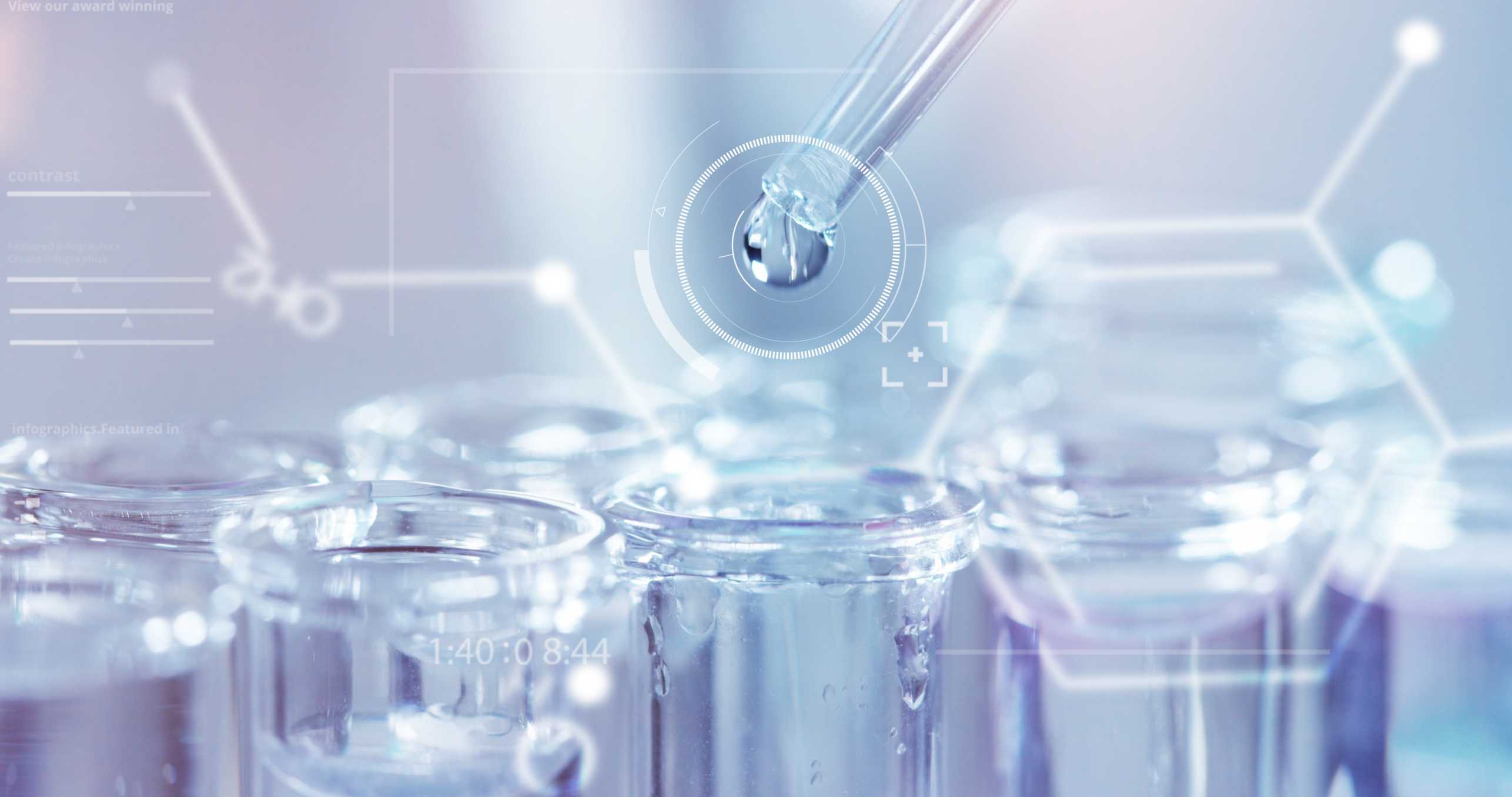
Blended learning course to prepare laboratory classes
In the laboratory course, students first learn important methods of food analysis in theory in a parallel lecture series and then prepare for the experimental lab work with different materials on Moodle - like virtual lab experiments, readings, protocols and videos - to then be able to perform the experiments independent in the lab.
Preparation for the laboratory experiments with the materials available online is an elementary part of the lecture in order to effectively use the only scarcely available attendance time in the laboratory. The time in the lab can more efficiently be used to analyze and discuss chemical principles and discuss relevant questions. After the practical lab work, students should be able to analyze results analytically in order to write scientific reports and evaluate them critically.
Implementation model
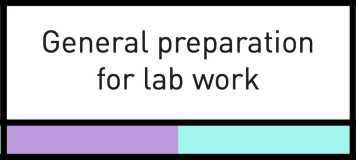
Students have at least two weeks to prepare online individually for the practical work in the lab. For most students it is the first time in a wet chemistry lab, therefore a general introduction is important.
Available material on Moodle: interactive videos (lab safety, glassware, balances etc.), self-tests, virtual lab simulations (lab safety), documents*
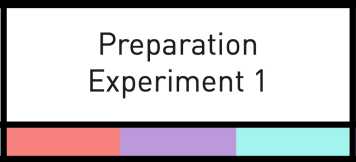
Students have at least one week to prepare online individually for experiment 1.
Available material on Moodle: interactive video of experiment, virtual lab simulation about analytical technique relevant for experiment 1, protocol
Additionally, students collect information about the theme of investigation to be prepared for the practical work in the lab as well as the report writing afterwards.
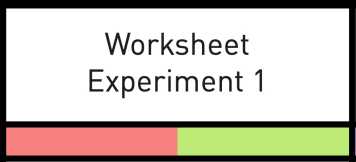
Students are provided with a worksheet, this leads them through the experiments, they have to take notes and answer questions related to the experiment directly during the practical work in the lab but complete the worksheet afterwards during the subsequent online phase. Goals of the instant lab reports/worksheets: students learn which notes have to be taken during the practical experiment in the lab and they realize which topics go in which part of a scientific report.
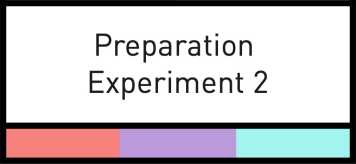
Students have at least one week to prepare online individually for experiment.
Available material on Moodle: interactive video of experiment, virtual lab simulation about analytical technique relevant for experiment 2, protocol
Additionally, students collect information about the theme of investigation to be prepared for the practical work in the lab as well as the report writing afterwards.
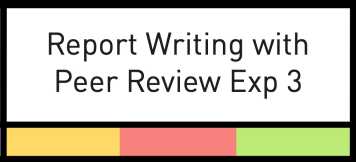
Students write individually a full scientific report. As resources on Moodle, they have videos, guidelines as well as example reports available. After two weeks students submit a first version which will go through a peer-review process. Each student reviews two reports from colleagues according to five given criteria and provides an overall feedback. After receiving the feedback students have one week to revise their report and submit the final version that will be graded by the assistants. The whole peer-review and grading process happens online on Moodle.
How do students prepare for the lab class?
Melanie Erzinger: The students prepare for the lab practical with various learning materials provided for them on Moodle. The time in the lab is short and we need to ensure that the students prepare themselves for the work in the lab in advance using virtual labs and by watching and analyzing videos and reading protocols. This should enable the students to carry out the experiment in the lab independently. The lab assistants are present to answer and ask questions and help in emergencies. Students should be able to perform the experiments themselves and learn from mistakes. In doing so, they should consciously make mistakes and learn from them. This approach only works if the students prepare themselves in advance for the practical work in the laboratory.
What are the students doing in your class face-to-face?
Melanie Erzinger: In the first week of the semester the food chemistry laboratory course starts with two in-class introductory lectures. One covers organizational and safety aspects of the course and the second one is dedicated to report writing.
From the beginning of the semester, students find all material, including links to external videos and simulations on the Moodle course page.
What are the students doing in the online preparation phase for the lab classes?
Melanie Erzinger: After the introductory week, students have two weeks to prepare for the first experiment in the lab. Available material includes professional videos produced with ID MMS about lab safety, how to use glassware, analytical balances, how to prepare solutions, how to deal with lab waste as well as self-made (low budget) videos from all the experiments that the students will conduct in the lab. These videos are made interactive with the “Interactive Video Suite” (IVS), an activity available on Moodle.
Additionally, students have access to lab simulations (virtual labs) from Labster. Topics of these simulations cover general topics (i.e. lab safety) or analytical techniques that will be used by the students during the lab course. On the Moodle course page students find also protocols of the experiments and quizzes related to the videos. With all this material students prepare online for the practical experiments in the lab.
What is your personal experience with this teaching format?
Melanie Erzinger: We have had very good experiences with the online preparation blocks, where students use the material on Moodle to prepare for the lab experiments. The in-class hours can now be used optimally, as the students have familiarized themselves with the theoretical content in various ways and are already familiar with many of the basics of laboratory work. Most students prefer to watch interactive videos of the experiments over just reading a protocol. Of course, we have to point out to some students here the sense of the preparations. Mostly they realize themselves that the work in the lab does not go optimally if they come unprepared. We then point out to them to watch the one video or to read parts of the protocol again. The effort required to prepare and provide the documents should not be underestimated. But since they can be used again and again, I think it is worth the effort. However, quite a bit of work must be invested in preparation. There were also some costs for creating the professional videos and for the licences of the software for the virtual labs with Labster. Fortunately, our professorship did not hesitate to cover these costs. After each online preparation phase follows an in-class execution of the experiment in the lab. Students practice and apply the newly acquired knowledge. Afterwards students have to consolidate what they have learned.
Course description
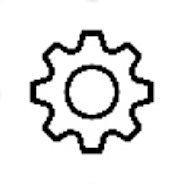
Methods
- TORQUE videos
- Instant lab reports (scaffolding)
- Peer-Review

Tools
Moodle: Well-structured and organized Moodle course with the following resources and activities:
- Documents
- Introductory and explanatory videos
- Interactive videos (IVS)
- Virtual Labs (Labster)
- Self-tests
Kontakt
Inst.f. Lebensm.wiss.,Ern.,Ges.
Schmelzbergstrasse 9
8092
Zürich
Schweiz

Kontakt
Inst.f. Lebensm.wiss.,Ern.,Ges.
Schmelzbergstrasse 9
8092
Zürich
Schweiz


